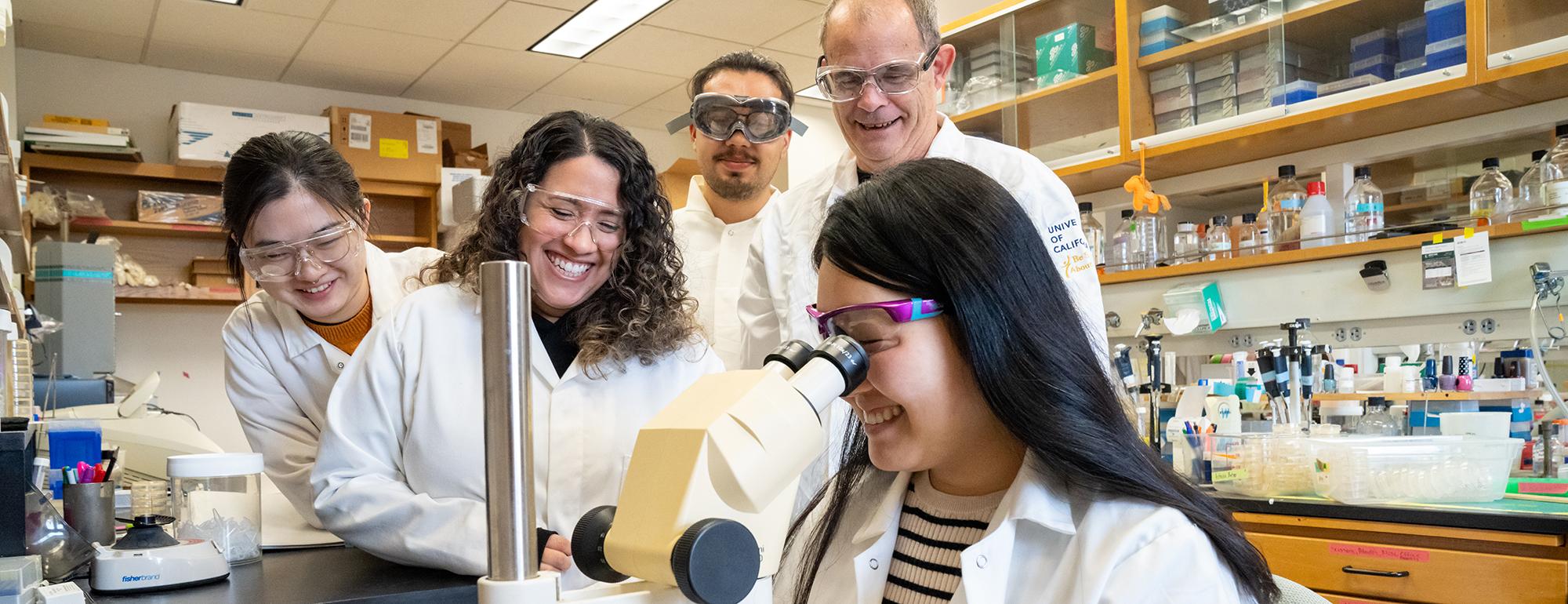The College of Biological Sciences is revamping core biology at UC Davis to enhance STEM curricula. Replacing BIS 2A, 2B, and 2C, the BIO123 Series focuses on adaptation, heredity, ecology, evolution (BIO1); metabolism, DNA structure, and cell biology (BIO2); and challenges of multicellular life with evolved adaptations (BIO3). Optional labs BIO1L and BIO2L, now separate, emphasize inquiry-based approaches and multi-week projects for hands-on experience in biological techniques and hypothesis testing.

